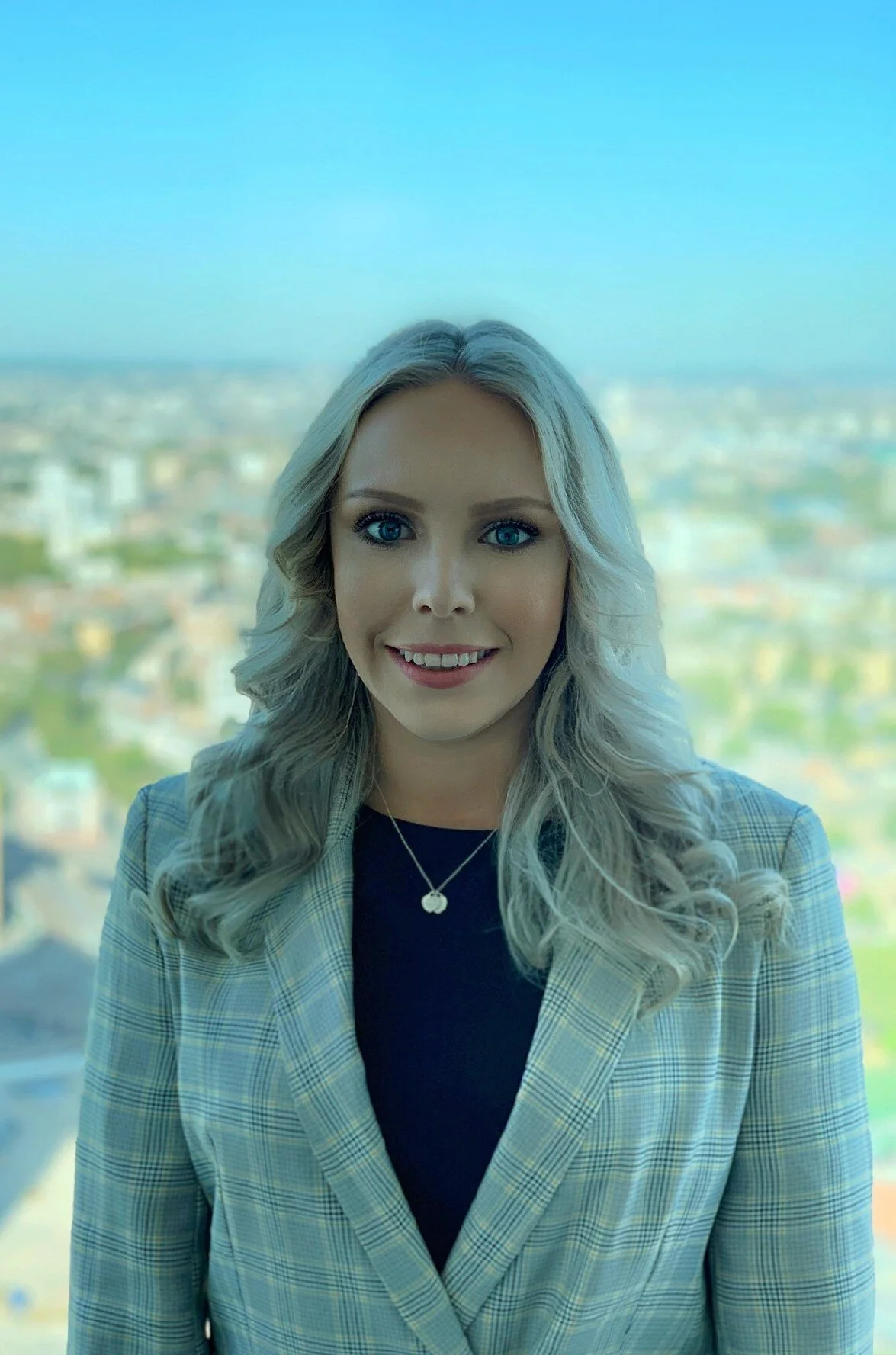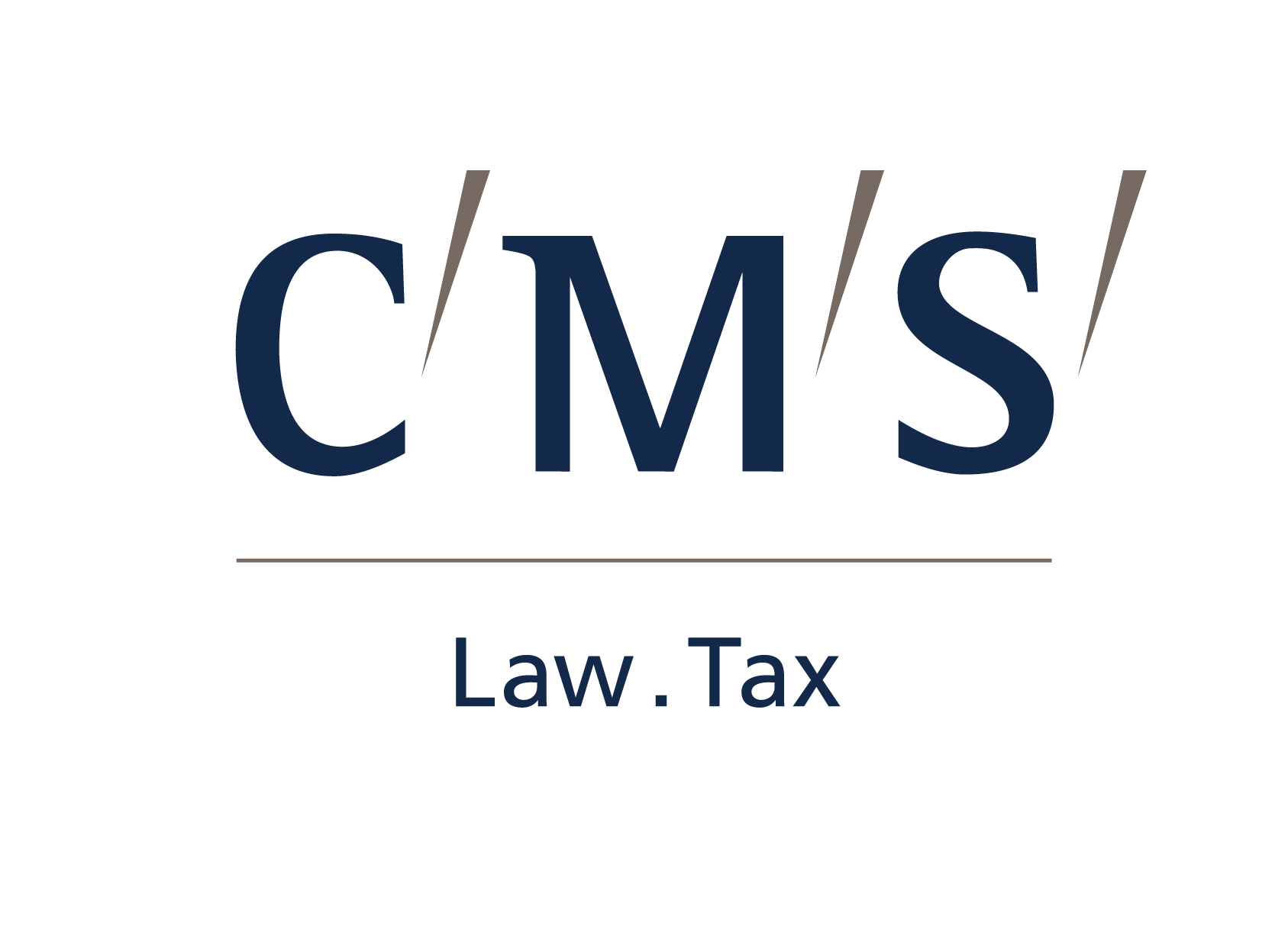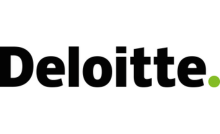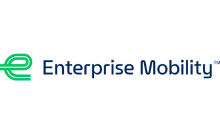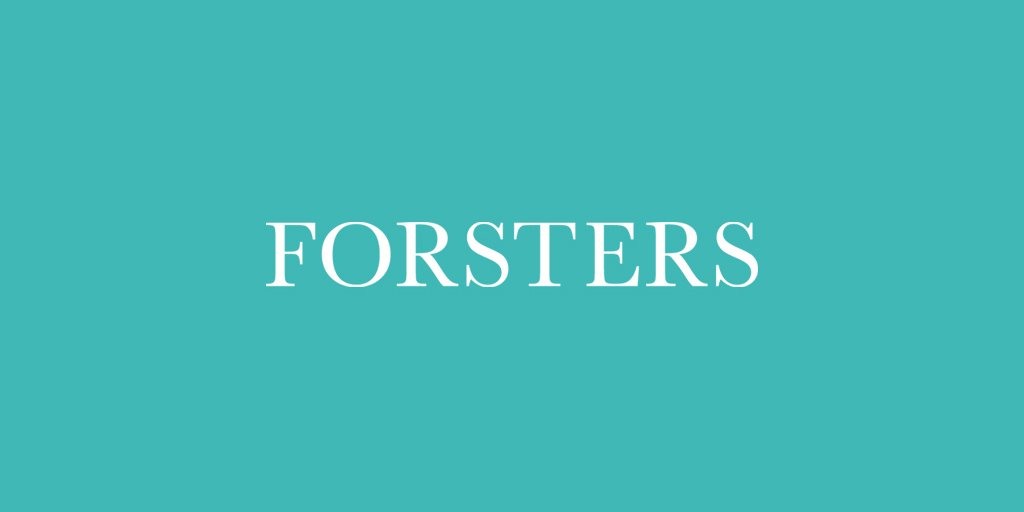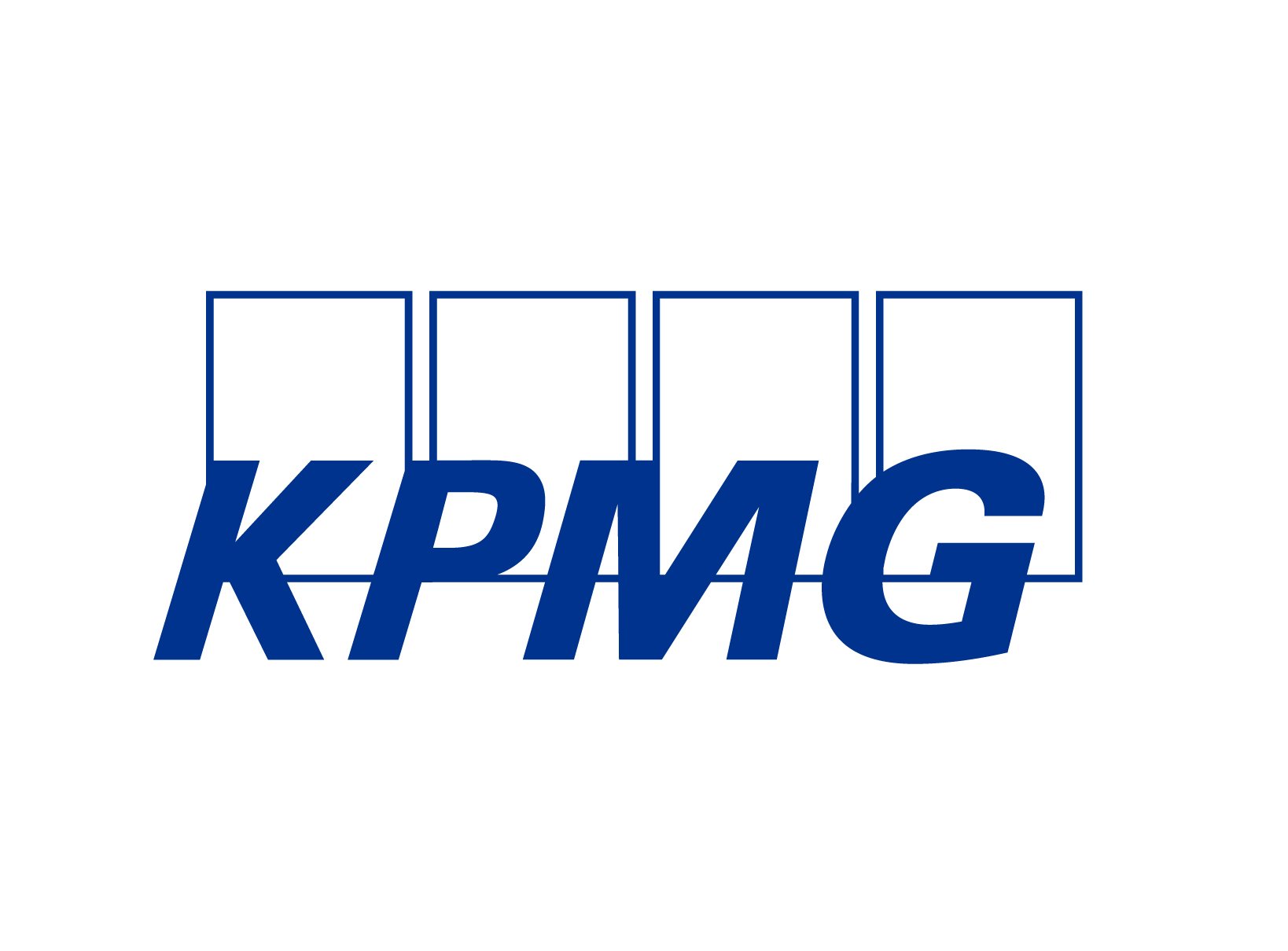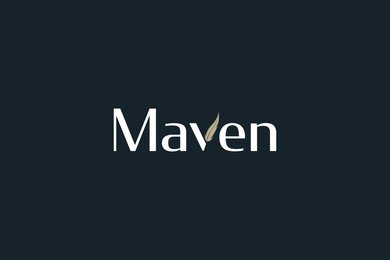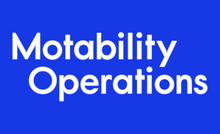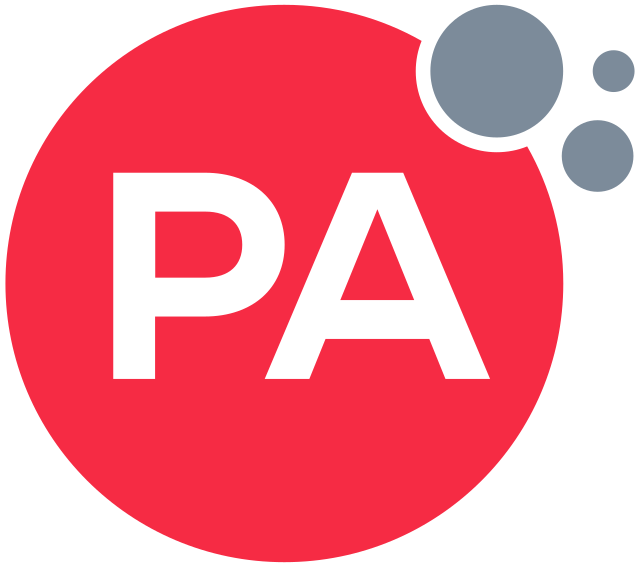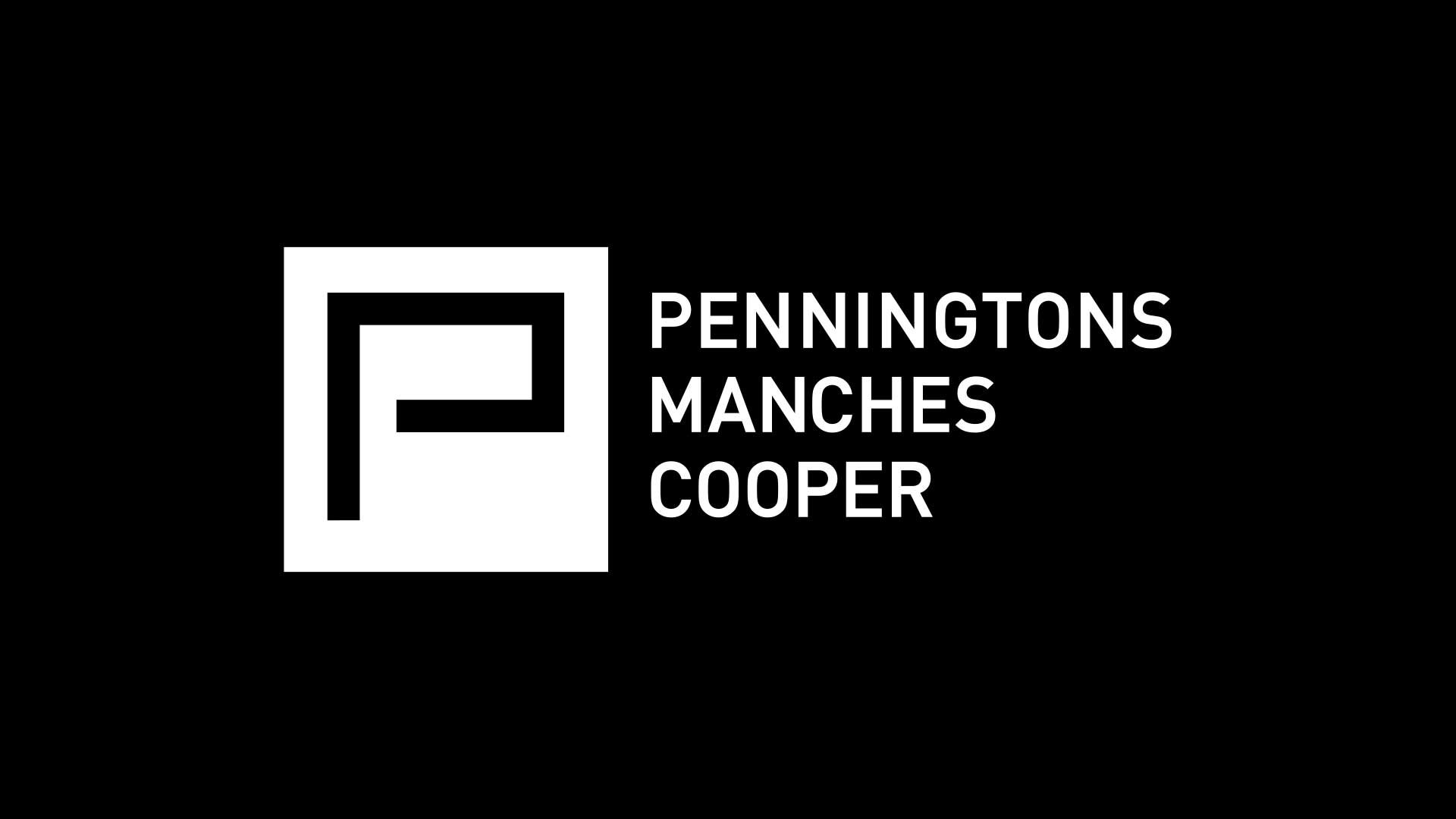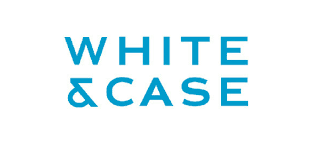83% of people acquire their disability, as opposed to being born with it; and the average age of acquiring a disability is 45. This has a huge implication on our workforce. Retaining talent, including those who become disabled, is far more efficient compared to recruiting and retraining new starters.
However, whilst progressive employers recognise this, it isn’t necessarily clear what providing support looks like in practice. This leads to uncertainty around what types of adjustments should be provided, how to source them and how they actually work in practice.
To shed light on these questions we were joined by a number of individuals who talked about their personal experiences of disability, and how they manage this in the workplace. We also heard from employers who shared details of what their organisation is doing around disability support. This provided an opportunity to learn about the types of support and adjustments that can be provided as well as learning about the different approaches that various organisations take to disability and how they support their disabled employees.
There was plenty of time to engage in conversations with our speakers, with delegates able to ask questions and learn more about subjects they know little about. The session built knowledge in order that delegates now have a better understanding of certain disabilities, as well as of adjustments and considerations in the workplace.
Feedback:
“Great to hear from real life experiences, from people at different stages in their careers”.
“I liked the ‘speed networking’ format – the smaller groups worked well and I felt comfortable asking questions, so took more away than I might otherwise”.
“I learn’t about some practical steps that we can take in assessment centres”.
“Brilliant and eye-opening seminar”.
“Knowing what works well/not so well in organisations when providing support”.
“I gained a greater awareness of disabilities and their range as well as how those with them experience the workplace”.
“I learnt that creating an open dialogue is most important – start the conversation”.
Speakers:
Jas Bindarh
Jas is currently a Business Control Manager at JP Morgan and has worked in a number of roles across the bank over the past six years. Prior to this she worked at several other investment banks, including a year in New York at UBS.
Jas has experienced chronic depression since early adulthood and is also on the autism spectrum. It is only since working at JP Morgan that Jas has been open with her employer about her depression and autism but has found it to be a positive and helpful experience. Jas is an active member of the firm’s business resource group, AccessAbility and is keen to use her experience to help fellow employees and managers navigate similar challenges/differences.
Jas is also a professional close-up magician and member of the prestigious magic society, The Magic Circle.
Graham Cutts
Graham is one of the senior associates in the Hogan Lovell's real estate team. He has been with the firm for 12 years. Following two episodes of depression (the first in his teens and the second in the early part of his career), Graham wanted to find a platform in his professional environment to talk about his experiences and offer encouragement to those that may be afraid or unwilling to talk about it.
As a result, he is actively involved in the wellbeing movement at Hogan Lovells and de-stigmatising the connotations of mental health. He encourages people (particularly men) to feel calm, secure and confident when talking about mental health, irrespective of the listener.
Toqeer Gaffar
Toqeer is an Incident Coordinator in Motability Operations and is also a member of Motability Operations Disability working group. Toqeer has over 10 years’ experience in service management and has worked for Mars, Unisys and Accenture to name a few.
Toqeer has had a stammer all of his life first coming to become aware of it during primary school. Having to go through speaking situations with a debilitating stammer was never easy. Be it with family, friends, academia and the work environment talking soon became a situation to avoid. After having tried several therapies unsuccessfully it was not until he was 28 years that Toqeer enrolled onto the McGuire Programme. A speech therapy programme run by people who stammer for people who stammer. Now a certified coach and course instructor on the McGuire Programme Toqeer is passionate about giving back and helping others to gain control of their speech.
Stephanie McCaldon
Stephanie is a Real Estate Specialist at Barclays Private Bank in the Credit Product team, and is a member of the firm’s disability network, REACH. She is also both an active mentor and mentee within REACH and is involved in Barclays early careers and how the firm looks to increase diversity on the schemes.
During her first year at the University of York Stephanie was diagnosed with Ulcerative Colitis, this a chronic autoimmune condition which can cause bowel issues, fatigue, joint pain and Anemia. During a particularly severe ‘flare up’ of her condition, which occurred during the end of her Internship at Barclays, Stephanie had to spend several months in hospital during what was supposed to be her ‘gap year’ until doctors found a treatment to bring the condition under control. This involved trialling different medications in order to avoid having surgery which would have increased the risk of other potential complications and required a long recovery period leading to her missing the start of her Barclays Graduate Scheme.
The support received during this difficult time from Barclays and the flexibility they provided to her around her Graduate Scheme offer put Stephanie’s mind at rest and allowed her to focus on her health. This experience really built her tenacity and resolve, learning that sometimes you have to be patient and push through, because if you give in you will never know if you would have succeeded which is something she takes with her into her career.
Bam Thomas
Bam is a trainee solicitor at Linklaters LLP. Her journey into law started at the University of Sheffield where she studied Law with International and European law, which included a year abroad at Sciences Po, Paris. Bam has dyslexia, a learning disability which impacts the speed and accuracy with which she processes information.
Bam chose Linklaters in particular because of great interactions she had with the firm and its people, at a careers event in 2016. Throughout the process of applying to Linklaters Bam was very open about her disability. It was important to her that she ended up in a firm that understood the things that she struggled with as a result of having dyslexia.
MyPlus would like to thank Clifford Chance for generously hosting this Breakfast Seminar for us.
Breakfast Seminars are exclusively for members of the Recruiters’ Club. They are ideal for anyone wishing to build their understanding of different types of disabilities and the impact it can have on the individual in their studies, extra-curricular activities and the workplace.
Read more about the MyPlus Recruiters’ Club.
MyPlus run a variety of events for employers. For details of the different types visit our events page. For details of forthcoming Recruiters’ Club events taking place visit our events calendar page.





